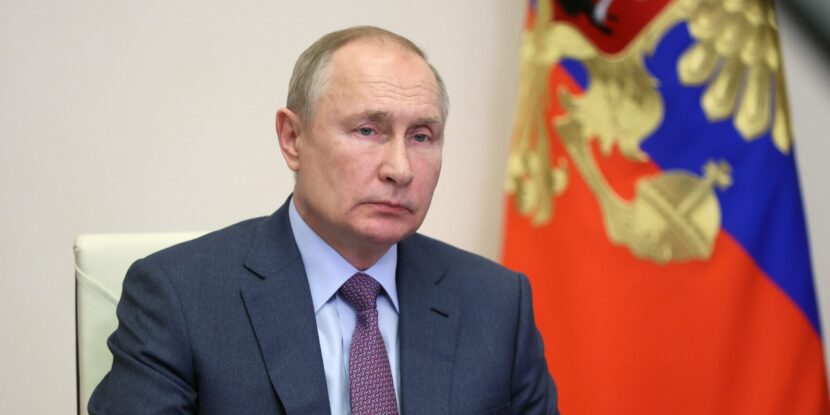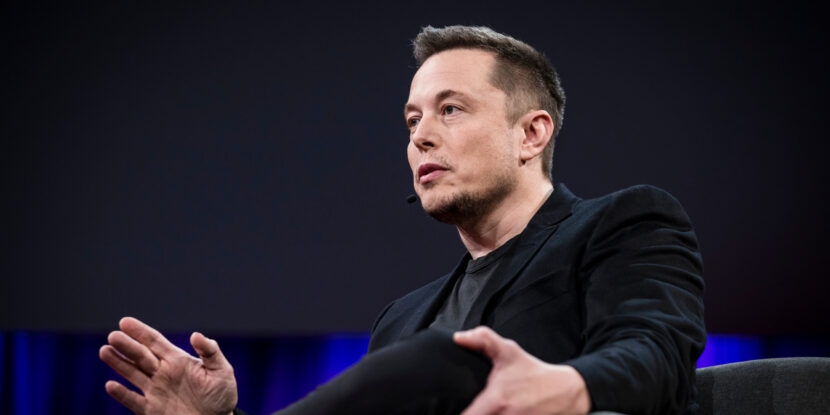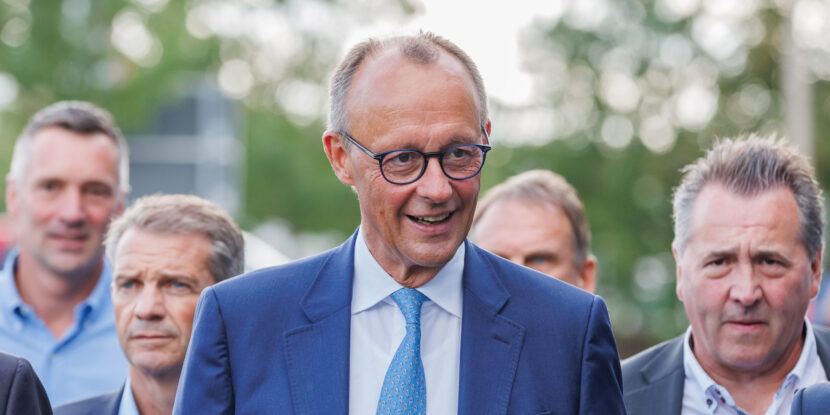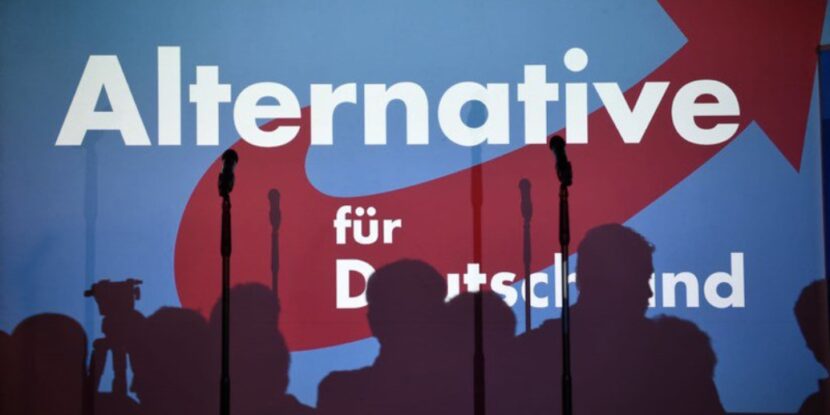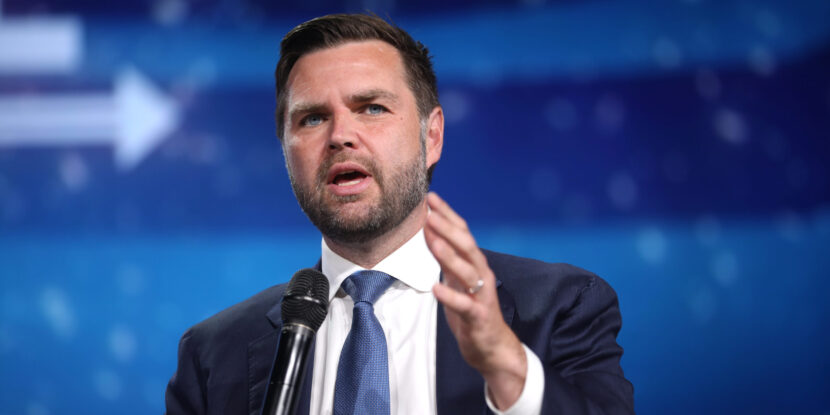Russian President Vladimir Putin has expressed an interest in selling rare earth minerals to the United States—including from annexed areas of Ukraine. The proposal comes after President Donald J. Trump and his administration look to negotiate a similar deal with Ukraine as a means to pay back the billions given to the country to fight the ongoing conflict with Russia.
President Putin stated that Russia could give the United States a better deal on resources than Ukraine, arguing it could provide around two million tons of aluminum, for instance. “We would be ready to cooperate with our American partners … if they showed interest in working together,” the Russian leader said, arguing his country has far more rare earth minerals than Ukraine.
President Trump sent Treasury Secretary Scott Bessent to Ukraine earlier this month to begin negotiations with Ukraine. The goal was for the U.S. to get preferential access to rare earth minerals to pay back the billions of dollars in funding and equipment sent to Ukraine since 2022.
However, Ukrainian President Volodymyr Zelensky indicated that he would refuse such a deal. He reportedly became angry during a meeting with Bessent, shouting at the Treasury Secretary. Since then, he has reportedly agreed to a watered-down deal on minerals, although it is not final.
Vice President J.D. Vance has publicly criticized Zelensky’s behavior, telling The National Pulse Editor-in-Chief Raheem Kassam he finds the Ukrainian leader’s public attacks on President Trump “disgraceful.”
“He’s not dealing with Joe Biden and the Biden administration anymore. He’s dealing with Donald Trump and the Trump administration,” Vance said.
show less